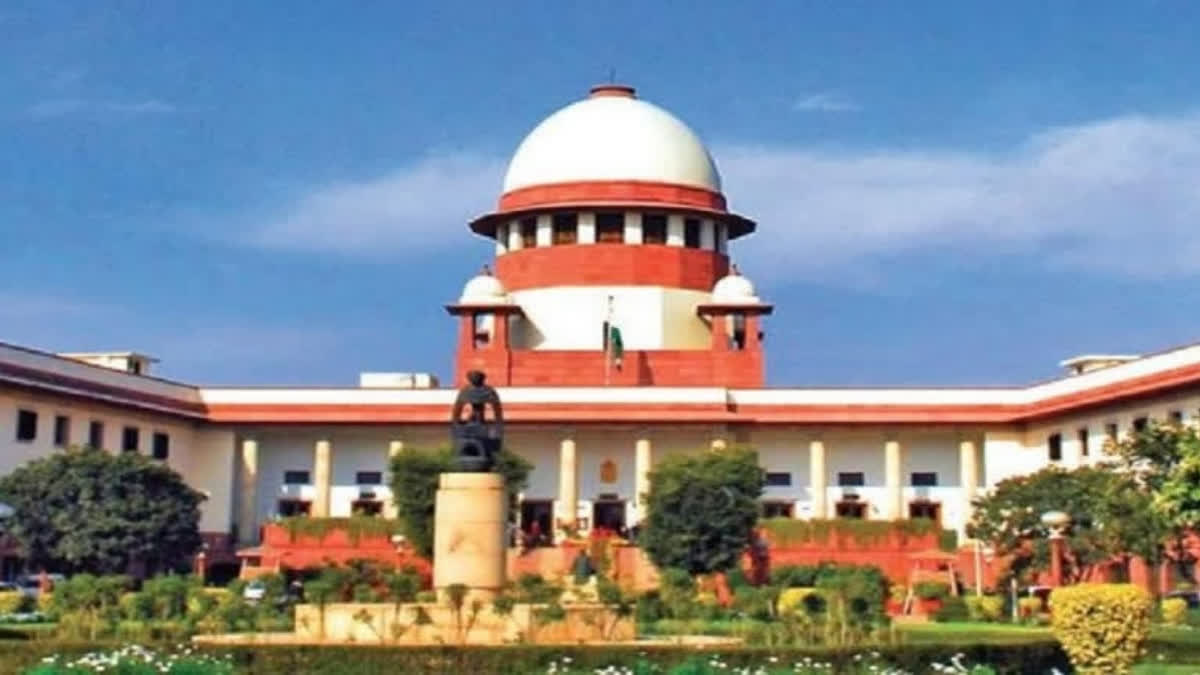New Delhi: The Supreme Court on Tuesday observed that the central government’s proposal to appoint an expert committee to examine issues raised in a plea filed by advocate Rishi Malhotra, challenging the constitutionality of death by hanging as a mode of execution, will give a “broader perspective, consultation with wider stakeholders”.
A bench headed by Chief Justice of India D Y Chandrachud was informed that the Attorney General (AG) R Venkataramani has written to the Centre on setting up a committee of experts to examine the mode of execution of death row convicts by hanging. A counsel, representing the Centre, informed the bench, also comprising justices J B Pardiwala and Manoj Misra, submitted that a letter has been written by the AG to the Ministry of Home Affairs to set up a panel and seek its suggestions, which could be submitted to the court on the issue.
The apex court observed that Centre’s proposal to appoint an expert committee to examine the issue will give a “broader perspective, consultation with wider stakeholders”. The Centre’s counsel contended that the AG was unavailable and travelling and urged the court to defer the matter. After a brief hearing in the matter, the top court scheduled the matter for a further hearing after two weeks.
The Chief Justice also allowed Project 39A of National Law University Delhi to intervene in the PIL seeking to abolish the present practice of executing a death row convict by hanging and to replace the same with less painful alternatives. In March, the Supreme Court had asked the Centre to provide data which may point to a more dignified, less painful and socially acceptable method of executing prisoners other than death by hanging.
In May, the Centre informed the top court that the government is considering appointing an expert committee to examine whether a less painful method of execution than hanging by the neck, for prisoners on death row, can be found. In the plea, Malhotra had contended that he is challenging the method of execution of the death sentence in India i.e. by hanging by neck till the prisoner is dead.
The plea, citing Kaur’s judgment, said, "the Right to Life including the Right to Live with human dignity would mean the existence of such a right up to the end of natural life. This also includes the right to a dignified life up to the point of death including a dignified procedure of death. In other words, this may include the right of a dying man to also die with dignity when his life is ebbing out."
The apex court, in October 2017, had issued notice to the Centre noting the contention of the petitioner that the convict whose life has to end because of the conviction and the sentence should not be compelled to suffer the pain of hanging.



